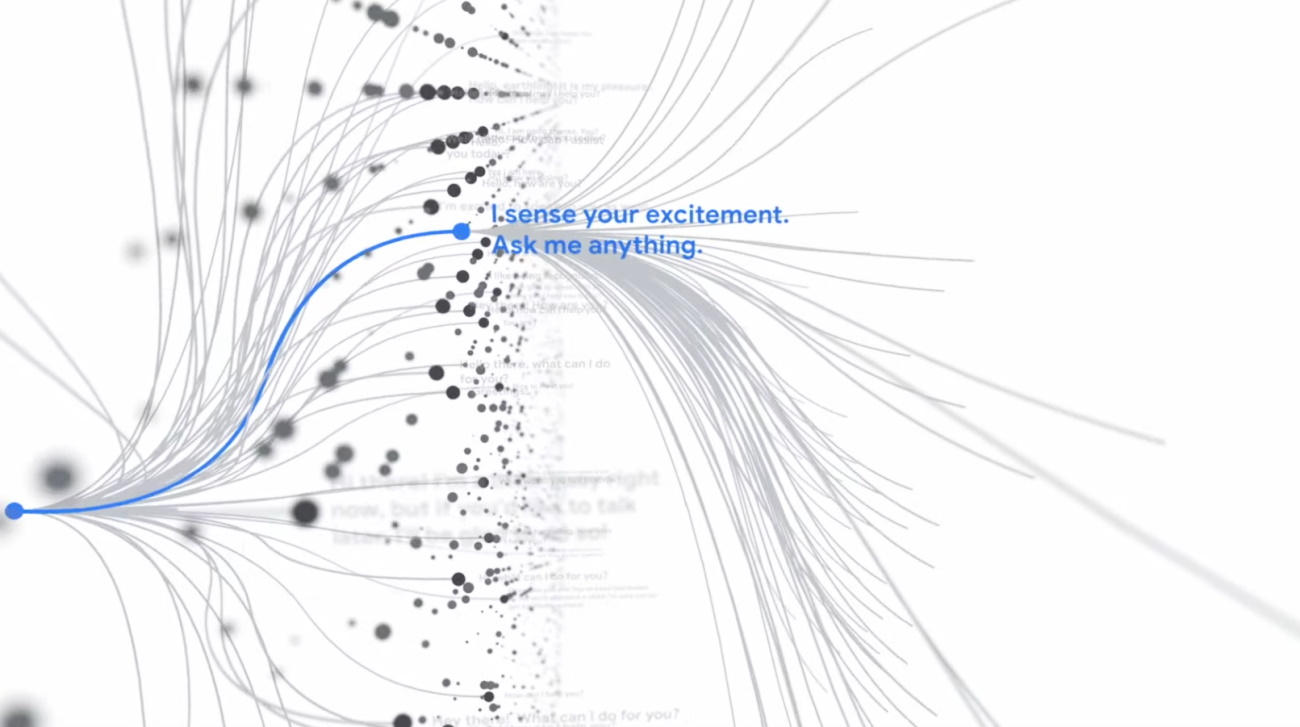In the ever-evolving landscape of social media and marketing, a new phenomenon has emerged: virtual influencers. These AI-generated personas, such as Aitana Lopez and Lil Miquela, have captured the attention of audiences and brands alike, sparking debates and raising ethical questions.
The Disruption of a Market
Virtual influencers have been touted as disruptors in an overpriced market. Traditional human influencers often demand hefty fees for collaborations, making it challenging for smaller brands to access their reach. In contrast, virtual influencers offer a cost-effective alternative, providing brands with the opportunity to engage with audiences at a fraction of the cost.
However, the lack of transparency surrounding the artificial nature of virtual influencers raises ethical concerns. Audiences may not be aware that they are interacting with AI-generated personas, blurring the line between authenticity and deception. As a result, discussions around regulation and disclosure have become increasingly prominent.
The Illusion of Engagement
Virtual influencers strive to create a sense of human-like engagement through their social media presence. They share relatable content, respond to comments, and even develop intricate backstories. However, doubts persist about the depth and authenticity of these interactions compared to genuine human connections. Virtual influencers, after all, are programmed to respond in specific ways, lacking the emotional intelligence and lived experiences of their human counterparts.

The Quest for Representation
One of the significant advantages of virtual influencers is their ability to transcend physical limitations. Their AI-generated nature allows for the creation of racially ambiguous features, presenting a unique opportunity for inclusivity and representation. However, critics argue that this portrayal can be superficial, merely scratching the surface of true diversity. The question of whether virtual influencers truly challenge societal norms or merely perpetuate existing ideals remains a subject of debate.
The Sexualization Debate
An ongoing concern surrounding virtual influencers is the sexualization of their personas. While the fashion and beauty industry have long faced criticism for objectifying women, the emergence of virtual influencers raises additional questions. These AI-generated personas often embody hyper-sexualized characteristics, mirroring industry norms but potentially perpetuating the exploitation of female sexuality under the guise of AI.
Agency and Autonomy
As virtual influencers gain popularity and secure brand partnerships, another contentious issue arises: the clash between human agency and AI-generated profits. Female autonomy over their bodies and the monetization of their images becomes a focal point of discussion. The question of who ultimately benefits from the success of virtual influencers and whether they have control over their digital personas remains unresolved.
The Future of Virtual Influencers
Despite the controversies and debates surrounding virtual influencers, their presence shows no signs of slowing down. As technology continues to advance, AI-generated personas are likely to become even more sophisticated, blurring the line between human and artificial. The influencer landscape will continually evolve, with virtual influencers reshaping the industry’s dynamics and challenging traditional notions of authenticity and engagement.
Conclusion
The rise of virtual influencers driven by AI has undoubtedly reshaped the world of social media and marketing. As these AI-generated personas capture the attention of audiences and brands alike, discussions surrounding ethics, transparency, representation, and agency persist. The clash between human influencers and their AI counterparts raises important questions about the future of the industry and societal perceptions. As the virtual influencer phenomenon continues to evolve, only time will tell how it will shape the landscape and the extent of its impact.



